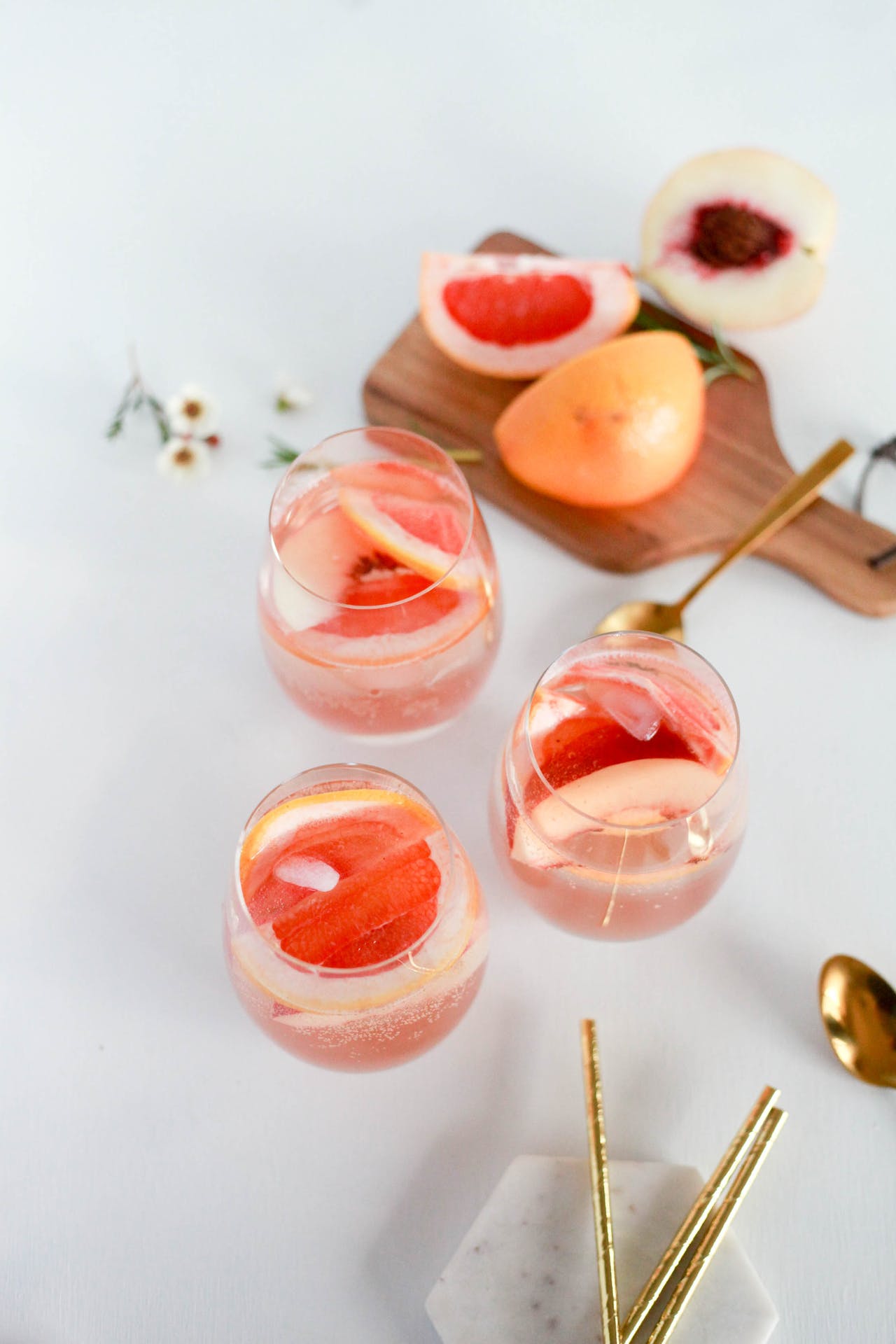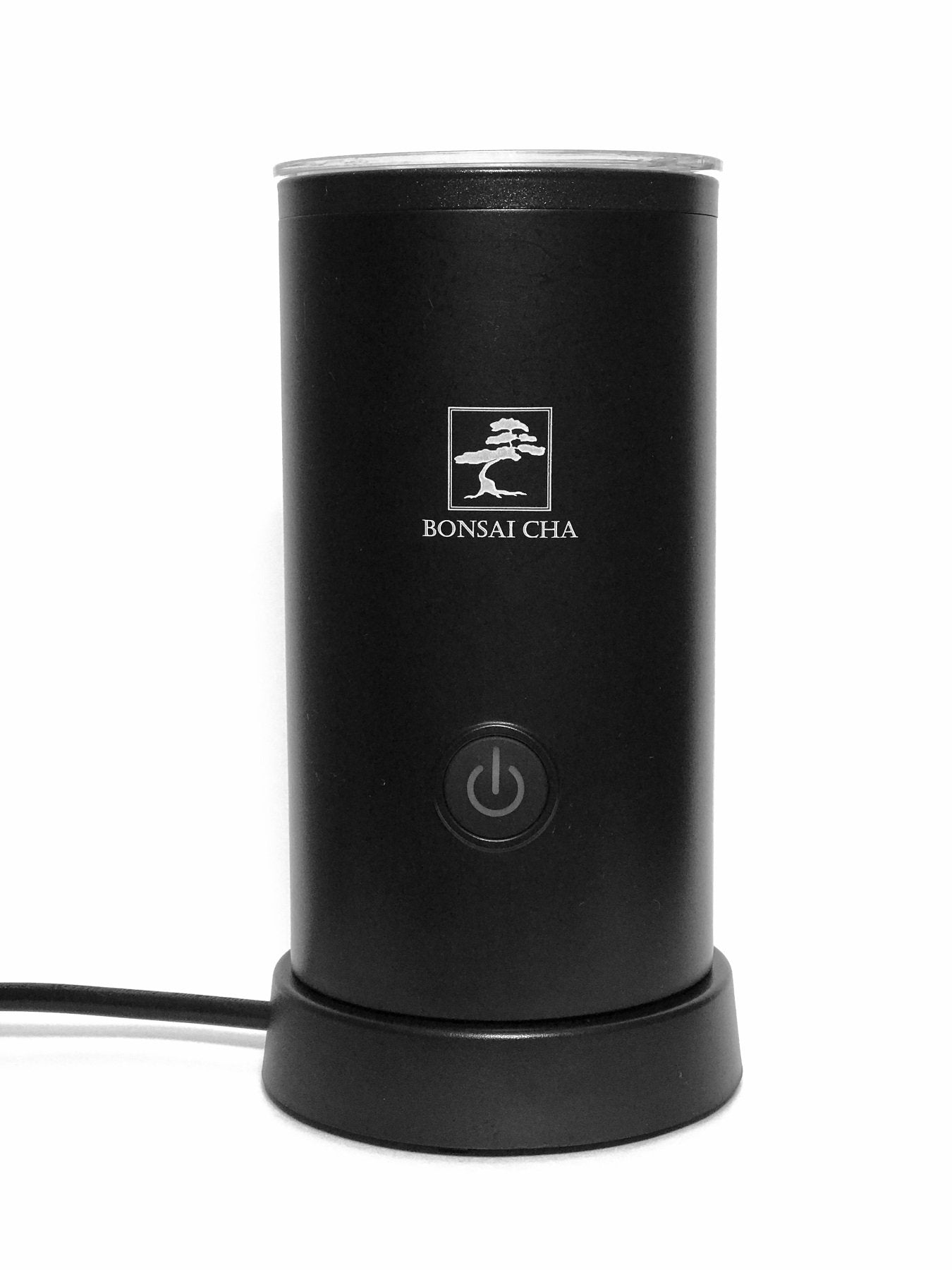
· By Avery Hastings
Fasting Fundamentals: What Can You Drink While Fasting?
When it comes to health and wellness, fasting has emerged as a practice interwoven with human history, adopted for its potential to cleanse the body and clarify the mind. As modern science catches up with ancient wisdom, fasting is now often prescribed for medical tests and embraced in lifestyles such as intermittent fasting for its health benefits. However, confusion frequently arises around what beverages you can drink during fasting periods, especially when it comes to maintaining the integrity of blood tests or the efficacy of fasting protocols.
When we fast, be it for health screening or as a part of a structured dietary routine, the question of what we can drink without interrupting the fast's benefits is important. The common question revolves around water, coffee, and tea, with a growing interest in matcha—a finely ground powder of specially grown and processed green tea. Each beverage carries its own set of nuances that can impact the body's fasting state differently.
This blog post explores the important relationship between drinking fluids and fasting. It explains how different drinks can affect your body during fasting, based on scientific studies and expert advice. Our goal is to offer a clear and helpful guide that helps you make choices about what to drink while fasting, in a way that supports your health and wellness goals.
Fasting for Medical Accuracy
Fasting prior to blood tests is a critical requirement to ensure the accuracy of various health markers. When you are instructed to fast before a lab test, it means that for a certain period, you should not eat or drink anything except water. This fasting period, typically 8-12 hours, is crucial because nutrients in food and certain drinks can absorb and metabolize in your body, influencing levels of blood glucose, triglycerides, and other markers that the test aims to measure.
Water: The Universal Solvent
Water is the one beverage universally recognized as permissible during fasting for blood tests. It does not affect the concentration of substances in your blood that are being measured and can actually help in hydrating the veins, potentially making the blood draw easier. However, there is a distinction to be made between plain water and water that's been infused with flavors, additives, or electrolytes. The latter may contain sugars or calories, which could interfere with test results.
Coffee and Tea: A Gray Area
The question of whether you can drink coffee or tea during a fasting period is more complex. Plain black coffee and tea without any additives are generally considered acceptable, as they are calorie-free and unlikely to affect the outcome of most blood tests. However, adding milk, sugar, or sweeteners instantly adds calories and could disrupt your fast. The same goes for matcha, which is often consumed for its health benefits. The key to keeping your matcha fast-friendly is to avoid sweeteners and dairy, opting for a simple whisked matcha in hot water.
The Effects of Caffeine
Caffeine, present in both coffee and matcha, deserves a special mention. While it's calorie-free, it can stimulate the production of stomach acid and may affect digestion or gut motility. Some studies suggest that caffeine can influence blood sugar levels, though this effect might not be significant enough to warrant a universal ban on coffee or tea prior to blood tests. The cautious approach, and one often recommended by health professionals, is to abstain from any caffeinated beverages before fasting blood work.

The Impact of Coffee and Tea During Fasting
The impact of coffee and tea on fasting is a topic of much debate and interest. While these beverages are integral to many daily routines, their role during fasting periods, especially in the context of intermittent fasting, warrants a closer look.
Coffee During Fasting
Black coffee is a favored beverage among fasters due to its minimal caloric content and potential appetite-suppressing properties. The general consensus is that drinking black coffee in moderation during fasting is unlikely to break the fast or affect the metabolic state. However, the addition of milk, cream, or sugar, which are sources of calories and carbohydrates, can disrupt the fasting process by triggering an insulin response.
Pros of Black Coffee While Fasting
- Provides a sense of satiety and can help suppress hunger.
- Contains antioxidants and nutrients that may offer health benefits.
Cons of Black Coffee While Fasting
- Caffeine can cause increased anxiety and disrupt sleep if consumed in large quantities.
- May lead to increased acid production in the stomach, potentially causing discomfort for some individuals.

Tea While Fasting
Tea, including green, black, and herbal varieties, is widely consumed during fasting windows. Like coffee, plain tea is virtually calorie-free and does not elicit a significant insulin response. Green tea, with its catechins and mild caffeine content, is particularly noted for its potential to enhance fasting-related autophagy—a cellular "cleanup" process.
Pros of Tea While Fasting
- Green tea may enhance the benefits of fasting through antioxidant properties.
- Can provide a calming effect, aiding in the mental clarity often associated with fasting.
- Excessive consumption can lead to overstimulation due to caffeine content.
- Certain herbal teas may have natural sugars or fruit pieces that could impact the fast.

Matcha: A Distinct Consideration
Matcha holds a unique position among teas. As a powdered form of whole green tea leaves, it contains a higher concentration of beneficial compounds such as EGCG (epigallocatechin gallate). Matcha's preparation during fasting should avoid the use of sweeteners or milks to maintain its fast-friendly profile.
Pros of Matcha While Fasting
- High in antioxidants, which may support cellular health.
- Provides a sustained energy release without the jitters often associated with coffee.
- Matcha contains caffeine, which can be a concern for those sensitive to caffeine's effects.
- Premium matcha can be costly, making it a less economical choice for daily consumption during fasting.
Electrolytes and Hydration During Fasting
Hydration maintains a pivotal role in fasting, be it for medical tests or during intermittent fasting practices. While water is the fundamental hydrator, the role of electrolyte drinks during fasting has been a subject of discussion due to their potential to provide necessary minerals without breaking the fast. Understanding the impact of these drinks on the fasting state is essential for anyone looking to optimize their fasting routine.
The Necessity of Electrolytes
Electrolytes such as sodium, potassium, magnesium, and calcium are crucial for many bodily functions, including nerve signaling, muscle contractions, and hydration. When fasting, especially for prolonged periods, the body may deplete its electrolyte stores, leading to imbalances that can affect overall health.
Pros of Electrolyte Drinks While Fasting
- Maintenance of Electrolyte Balance: Supplementing with electrolytes can help prevent imbalances that might occur during extended fasting periods.
- Hydration Support: Electrolyte drinks can promote better hydration compared to water alone, as electrolytes improve water absorption.
Cons of Electrolyte Drinks While Fasting
- Hidden Sugars and Calories: Some electrolyte drinks contain sugars or flavors that could potentially break a fast or elicit an insulin response.
- Overconsumption: Excessive intake of electrolytes can lead to conditions such as hypernatremia or hyperkalemia, where sodium and potassium levels become too high.

Choosing the Right Electrolyte Drink
When selecting an electrolyte drink for fasting, it is critical to choose one that is free of sugars, artificial flavors, and calories. Some fasting protocols recommend homemade electrolyte solutions or commercially available options that specifically cater to fasting needs.
Water Fasting and Mineral Supplementation
For those engaging in water-only fasting, the consideration of mineral supplementation becomes relevant. While water fasting, the addition of small amounts of salt or magnesium can be beneficial and doesn't technically break the fast. This can be especially important for individuals who experience symptoms such as headaches or muscle cramps during their fast. Staying hydrated with the right kind of electrolyte drinks can complement the fasting process, supporting the body's physiological needs without compromising the fasting state.
This blog post is intended for informational purposes only. As always, individual needs can vary. Always consult with a healthcare professional regarding fasting or any other medical or dietary advice.

